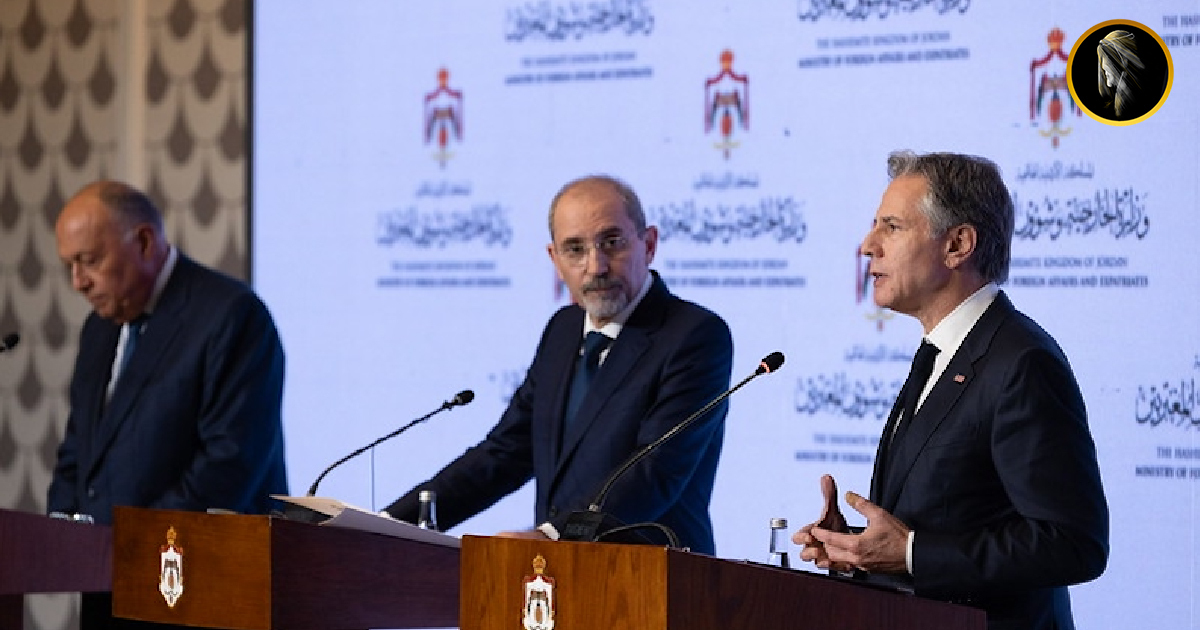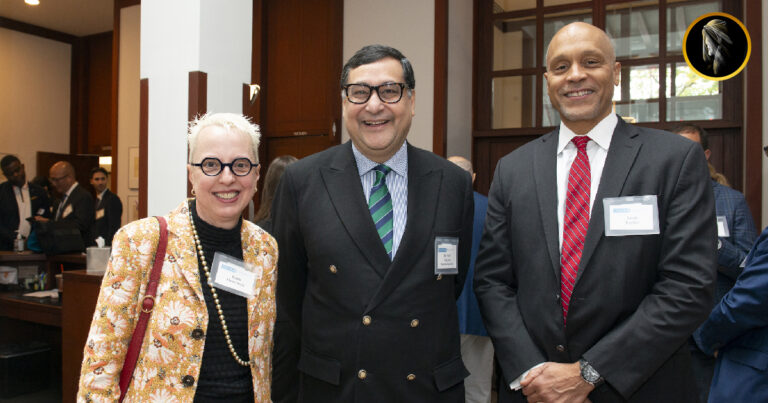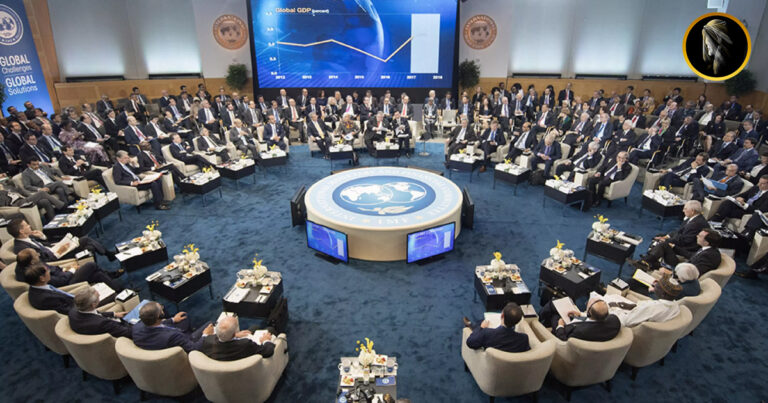In a recent diplomatic meeting held in Amman, Jordan, a joint request by Jordan and Egypt for an immediate ceasefire in Gaza was met with rejection by US Secretary of State Antony Blinken. Blinken expressed concerns that a ceasefire might not achieve the intended results, asserting that the farthest step he was willing to support was a humanitarian pause. This humanitarian pause would serve to facilitate the safe delivery of aid and the evacuation of civilians from the conflict-ridden Gaza Strip.
Blinken explained his stance by noting that a ceasefire might leave Hamas, a militant group, in a position to regroup and potentially launch further attacks, similar to the events that occurred on October 7, which had triggered the latest conflict in Gaza.
The meeting, attended by foreign ministers from Jordan, Saudi Arabia, Egypt, the UAE, Qatar, and a senior Palestinian official, was held after a series of consultative sessions and discussions with Jordan’s King Abdullah. The discussions reaffirmed the Arab nations’ collective call for an “immediate” ceasefire and an uninterrupted delivery of relief assistance to halt the ongoing war.
During a joint press conference following the meeting, Jordan’s Foreign Minister Ayman Safadi emphasized the need for the cessation of violence and alleged war crimes, calling for immediate aid delivery into Gaza and an end to the displacement of Palestinians by Israeli forces. He also expressed concerns about the situation in the West Bank, where he claimed settlers were allowed to harm innocent Palestinians.
Egypt’s Foreign Minister Sameh Shoukry echoed these concerns, decrying the growing civilian casualties in Gaza as “collective punishment.” He stressed that there was no justification for the killing of civilians, even under the pretext of self-defense.
Blinken reiterated the United States’ support for “humanitarian pauses” to ensure the delivery of aid to civilians in need. He acknowledged the inadequacy of current aid deliveries into Gaza.
When questioned about Washington’s role in pressuring Israel to prevent civilian casualties, Blinken noted Israel’s right to self-defense. He added that Israel had a responsibility to protect civilians and minimize harm to them. He asserted that Hamas often used civilian infrastructure for military purposes, making it challenging to avoid civilian casualties.
Blinken expressed his sadness at the loss of innocent lives, particularly children, in Gaza. The pressing need to find shelter for children and families in Gaza was likened to an urgent humanitarian crisis.
Before meeting with Blinken, King Abdullah of Jordan called for unified Arab coordination in urging the international community and world powers to halt the ongoing war in Gaza. He emphasized the importance of uninterrupted aid delivery and the protection of civilians. King Abdullah warned of the potential for an explosive situation in the region if fighting continued. He also stressed the need for consistent support for international relief organizations operating in Gaza, with a particular emphasis on UNRWA (United Nations Relief and Works Agency for Palestine Refugees in the Near East).
The leaders reiterated the importance of seeking a political solution to achieve a just and comprehensive peace based on a two-state solution.








